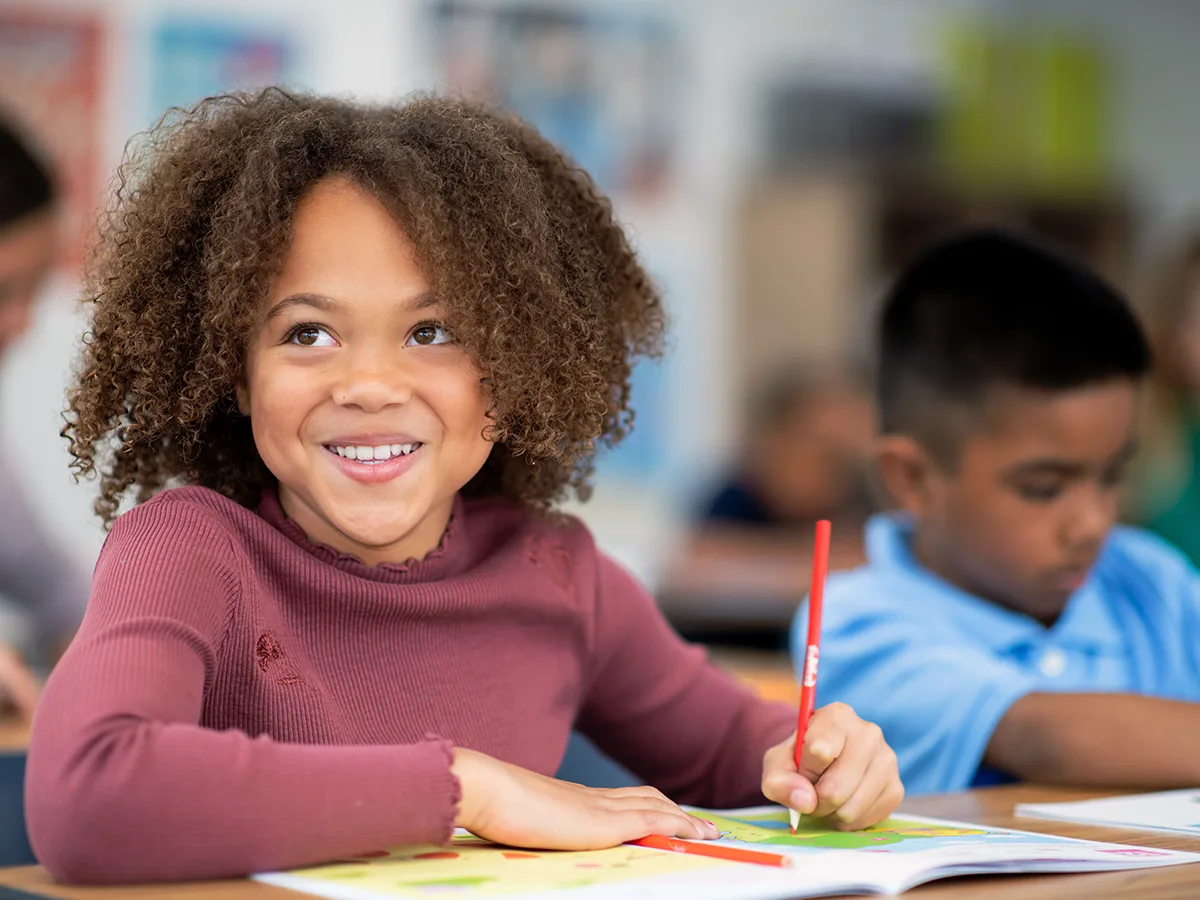Fundraising Ideas to Conserve Temecula Schools and Programs
Fundraising Ideas to Conserve Temecula Schools and Programs
Blog Article
Understanding the Relevance of Schools in Child Development and Neighborhood Growth
Colleges' interaction with local areas with service-learning efforts enhances the bond between family members and educational establishments. This symbiotic connection underscores the relevance of colleges in supporting energetic citizenship and long-lasting understanding behaviors.
Academic Achievement
Academic accomplishment functions as a foundation of kid development, giving the structure whereupon future knowing and success are constructed. Colleges play a crucial function in promoting this academic development, providing organized environments where children can acquire vital knowledge and cognitive abilities. Standard educational program make certain that trainees gain efficiency in core topics such as mathematics, scientific research, and language arts, which are essential for both college and professional possibilities.
In enhancement to giving essential academic skills, schools also cultivate crucial thinking, analytical capacities, and intellectual interest. These cognitive expertises are crucial for browsing complex real-world scenarios and adjusting to the ever-evolving needs of the contemporary office. Teachers, as facilitators of discovering, employ diverse instructional strategies to cater to diverse learning styles, therefore making best use of private pupil possibility.
Furthermore, scholastic success is closely linked to self-confidence and inspiration. Children who experience academic accomplishments are most likely to establish a positive self-concept and a long-lasting passion for discovering. Institutions also supply different resources, such as collections and technology, which further boost the instructional experience and prepare trainees for a technically innovative culture.
Social Ability Development
Beyond academic achievement, the function of institutions in social ability growth is essential. Schools offer as a primary venue for children to learn and practice crucial social abilities such as teamwork, communication, and conflict resolution. In the structured atmosphere of a class, trainees interact with peers, teachers, and various other college team, supplying numerous chances to develop these crucial capacities.
Effective social skill advancement in institutions is helped with through team tasks, collective tasks, and extracurricular programs. These communications assist trainees comprehend social norms, construct empathy, and foster a sense of community. As an example, team tasks show trainees exactly how to collaborate towards a common goal, pay attention to different point of views, and navigate differences constructively.

The growing of social abilities throughout college years lays a foundation for future personal and expert partnerships. Save Temecula Schools. As students mature, the capacity to successfully connect and collaborate becomes progressively essential, underscoring the institution's vital role in holistic child growth
Direct Exposure to Diversity
Exposure to diversity in institutions is essential to fostering an inclusive way of thinking and expanding trainees' perspectives. Schools act as a microcosm of the broader society, and coming across diverse cultures, languages, and socioeconomic backgrounds within this atmosphere equips pupils with vital skills for navigating a progressively globalized world. This direct exposure motivates empathy, minimizes bias, and advertises common regard amongst peers.
Diverse class additionally boost cognitive and social advancement. Research suggests that trainees who interact with peers from different histories display better problem-solving skills and creativity. They discover to appreciate various point of views, which enhances class discussions and fosters an extra dynamic learning experience. Furthermore, this understanding of variety prepares trainees for future workplaces that worth multicultural proficiency.

Area Engagement
The benefits of diverse class extend beyond the institution wall surfaces, fostering a solid feeling of community engagement amongst pupils. By engaging with peers from numerous social, socioeconomic, and ethnic histories, pupils acquire a wider perspective and you could check here an appreciation for diversity. This direct exposure encourages them to become active citizens who agree to add favorably to their areas.
Institutions that stress community engagement commonly integrate service-learning jobs, which permit students to address real-world problems while using academic abilities. These tasks not just improve trainees' understanding of their coursework but likewise infuse a feeling of obligation and empathy. Collaborations between schools and neighborhood companies offer trainees with chances to take part in community occasions, additionally solidifying their role as positive area participants - Save Temecula Schools.
Additionally, parental and area participation in institutions reinforces the bond between academic establishments and the communities they serve. They develop a collaborative setting that profits all stakeholders when institutions open their doors to neighborhood occasions, workshops, and volunteer opportunities. This shared support group makes certain that students obtain alternative growth, preparing them to end up being all-around people that value and contribute to their areas. Through these efforts, schools play a critical duty in nurturing neighborhood interaction and fostering social development.
Lifelong Discovering Behaviors
Establishing lifelong understanding habits is necessary for a youngster's continuous development and flexibility in an ever-changing world. Schools play a pivotal function in instilling these behaviors by developing a setting that cultivates curiosity, important reasoning, and a love for understanding. With click for more info extracurricular activities and varied curricula, educators encourage students to explore numerous topics, assess information critically, and apply their learning to real-world circumstances.

Moreover, institutions give a structured atmosphere where children can create self-discipline and time administration abilities, both of which are critical for constant learning. By highlighting the relevance of setting goals, reviewing progress, and adjusting strategies, schools prepare students to navigate the intricacies of adult life, ensuring they stay long-lasting students and factors to society.
Verdict
In final thought, institutions are vital in promoting child development and community development by giving settings favorable to academic success, social skill development, and exposure to variety. Look At This Eventually, schools grow long-lasting discovering practices, equipping people with the required expertise and abilities to contribute favorably to culture.
In the structured atmosphere of a class, trainees engage with peers, teachers, and other college staff, supplying numerous chances to establish these critical capabilities.
In significance, exposure to diversity within institutions not only improves specific students however additionally strengthens the social fabric of the neighborhood as a whole.
The advantages of diverse class expand beyond the institution wall surfaces, fostering a solid feeling of area involvement amongst students.Institutions that stress community engagement typically incorporate service-learning jobs, which permit pupils to resolve real-world problems while applying scholastic skills. Partnerships between institutions and regional organizations give students with opportunities to participate in neighborhood events, even more solidifying their duty as proactive community members.
Report this page